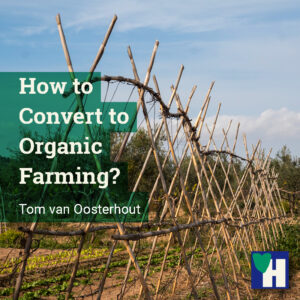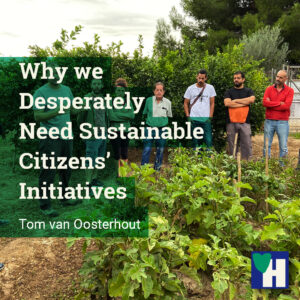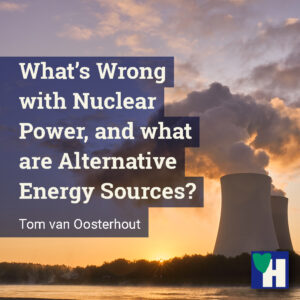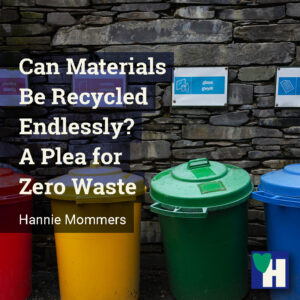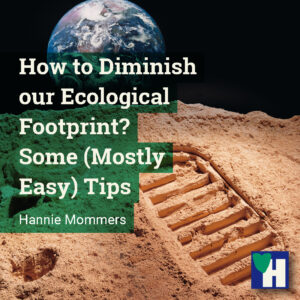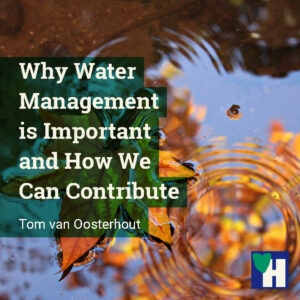
Water management is important. This is a conviction we all share. Water management is important because we need clear and clean, in other words, potable water.
At the same time, water management is complicated. It’s complicated because it’s a cyclic and very vulnerable process. For example, our water is purified twice, before and after we use it.
This is a costly and peculiar way of managing something which is so important to us. Fortunately, we can make a substantial personal effort to improve water management.

